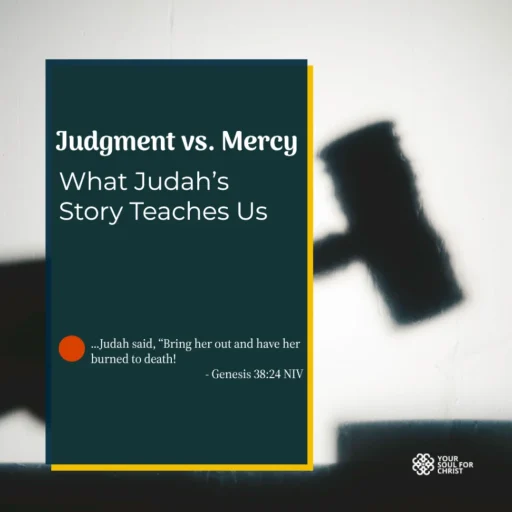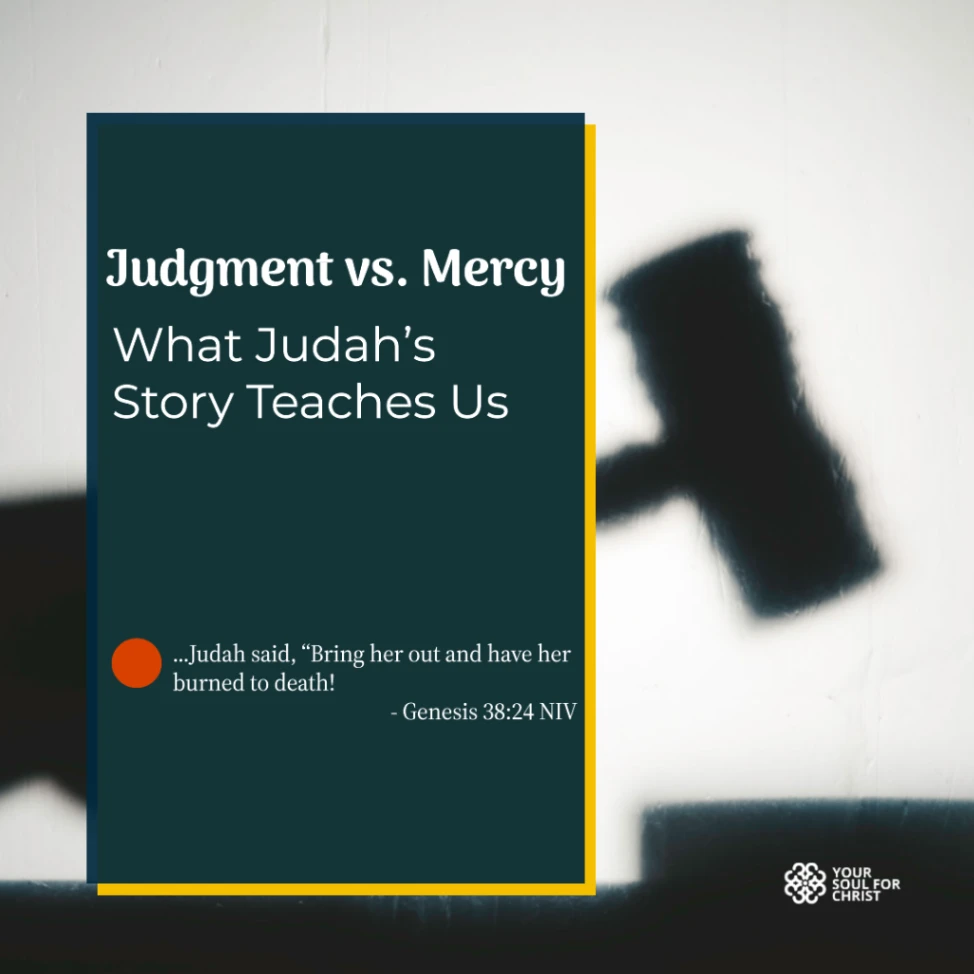About three months later Judah was told, “Your daughter-in-law Tamar is guilty of prostitution, and as a result she is now pregnant.” Judah said, “Bring her out and have her burned to death!
Genesis 38:24 NIV
Judah’s reaction to Tamar’s pregnancy was swift and severe. Without hesitation, he condemned her to death for what he perceived as moral failure. Yet, as the story unfolds, Tamar reveals that the man responsible for her condition is none other than Judah himself. She exposes the glaring hypocrisy in his judgment by presenting his seal, cord, and staff.
This passage serves as a stark reminder of how easily we judge others while remaining blind to our own faults. Judah, who had neglected his duty to Tamar by failing to give her his youngest son in marriage as promised, was quick to denounce her. His failure to honour his word did not seem to trouble him, yet he had no hesitation in demanding the harshest punishment for Tamar.
How often do we do the same? It is easy to point fingers at others while excusing our own failings. Jesus addressed this very issue when He warned, “Do not judge, or you too will be judged” (Matthew 7:1, NIV). Before condemning others, we must first examine our own hearts and actions.
Judah’s story challenges us to take an honest look at ourselves. Am I free from guilt, or am I just as sinful—if not more so—than the person I am criticising? It is far easier to highlight another’s faults than to confront our own shortcomings. Yet, God calls us to humility and self-reflection. Instead of rushing to judge, we should ask, “Is my life pleasing to God?”
James reminds us that “mercy triumphs over judgment” (James 2:13, NIV). If we desire God’s mercy, we must be willing to extend that same grace to others. Rather than seeking faults, we should encourage righteousness and restoration in those around us.
Furthermore, rather than focusing on condemning others, our priority must be to live a life that honours God. As Paul writes, “Examine yourselves to see whether you are in the faith” (2 Corinthians 13:5, NIV). A heart set on pleasing God leaves no room for a judgmental spirit.
Judah’s story teaches us that hypocritical judgment is a dangerous trap. We must guard against self-righteousness and instead seek personal holiness, allowing God’s grace to transform us. Before passing judgment, let us ensure that our own lives reflect the righteousness we desire to see in others.

